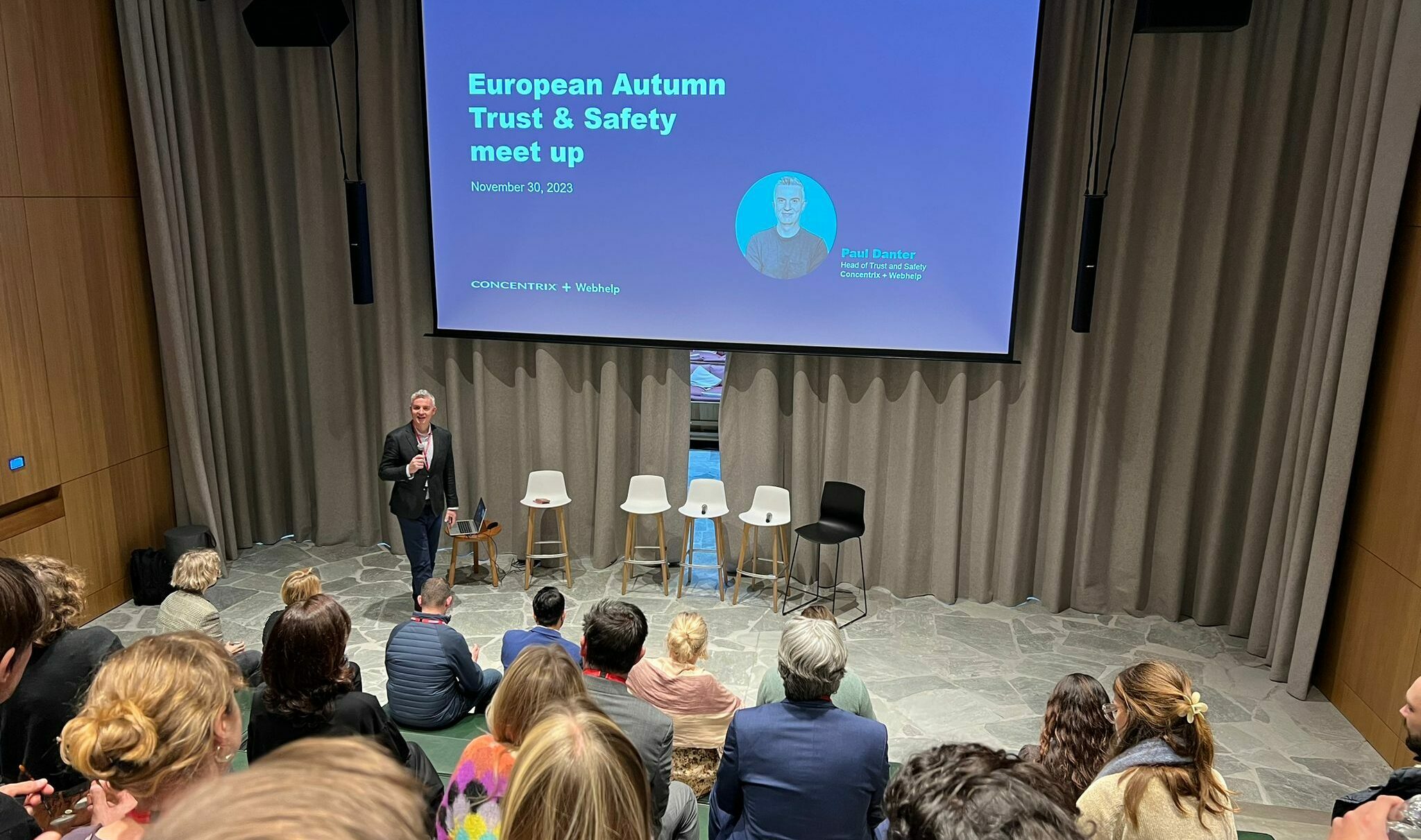In recent months, industry pundits and analysts have speculated on the impact of the younger generation as consumers and on the workforce, while in the background, a new force has been slowly building, one that combines experience with flexibility and knowledge. Here Orla Strefford, Talent Attraction Manager, Webhelp UK, SA and India, explores the rise of the Baby Boomers.
Preface: 30/04/20
Since publishing this blog, the world has changed dramatically, with entire countries entering strict lockdown periods and many regions operating under shelter in place instructions. The coronavirus (COVID-19) continues to have an unprecedented impact on business and society across the globe, and as a result it is even more important that we continue to embrace workforce diversity and provide recruitment opportunities where possible during these challenging times. Click here to find out more on our people first response to this crisis.
I’m lucky enough to work alongside a dynamic and diverse group of people at Webhelp, on any given day, I can be found happily collaborating with, mentoring or learning from colleagues of all ages. From the freshest faces in our call halls to the voices of experience who have determinedly climbed the career ladder, we all share the same passion and enthusiasm for delivering customer service… well, possibly apart from on early on a Monday morning – we are human after all!
And, as humans, we want to be recognised for our strengths, be encouraged in our careers at all stages of our lives and not be left behind or underutilised.

Interestingly, this drive (coupled with an older global population) is changing the face of the jobs market. In the US, for example, instead of retiring, Baby Boomers (the name for the generation aged 55-73) are actively driving job growth.
In fact, The Liscio Report, an influential investor research publication, recently analysed Labour Department data to reveal that, astonishingly, American Boomers made up around half of all employment gains in 2018.
That is a considerable increase, as in 2017 they made up only a quarter of the labour force!
As the global population shifts, employers must prepare to understand and embrace workforce diversity. Here Gillian Campbell, Chief People Officer for the UK Region and Director Global Engagement at Webhelp, hits the nail on the head when discussing the importance of generational inclusivity.
“A core pillar of our company mission is to create an outstanding working environment – for employees of ALL generations.” She adds, “It’s vital to acknowledge employees’ commitment, to reward and to recognise hard work and dedication, and to look at both personal and professional development.”
And, companies might well find a development gap with Boomers, especially when it comes to utilising new technology – as our new Whitepaper on Generations reports. Our research, commissioned with partners YouGov, found that Baby Boomers are the least informed (17%) or confident (18%) about using new technology at work – a drop of 10% from Gen Z.
Baby Boomer influence is widening as consumers too, as according to global measurement and data analytics company Nielsen, they are the second heaviest users of the Internet (as 40% of customers paying for wireless access) and makeup over half the population of Facebook.
Their spending power is considerable; they represent 41% of the computer market, spend almost $7 billion shopping online annually and splash-out 30% more than any other age groups on their cars.
Taking all this together, as both employees and customers, the 55+ generation have a surprising amount of power, so, as Patrick Swayze famously said,
“Don’t put Baby in the corner.”
Our Disruptor Series takes a deeper dive into the issues facing the CX industry, including the impact of generational shifts, AI and Automation and Emotional Connections. Contact Ewan McKay – ukmarketing@webhelp.com for more details on our corporate events and check out Webhelp jobs for information on our current opportunities.

![[Fashion] Choosing the right partners to grow your business in 2024, at a time when trust is fragile](https://media.webhelp.com/wp-content/uploads/2023/12/21090253/Office-Showcase-2.png)


